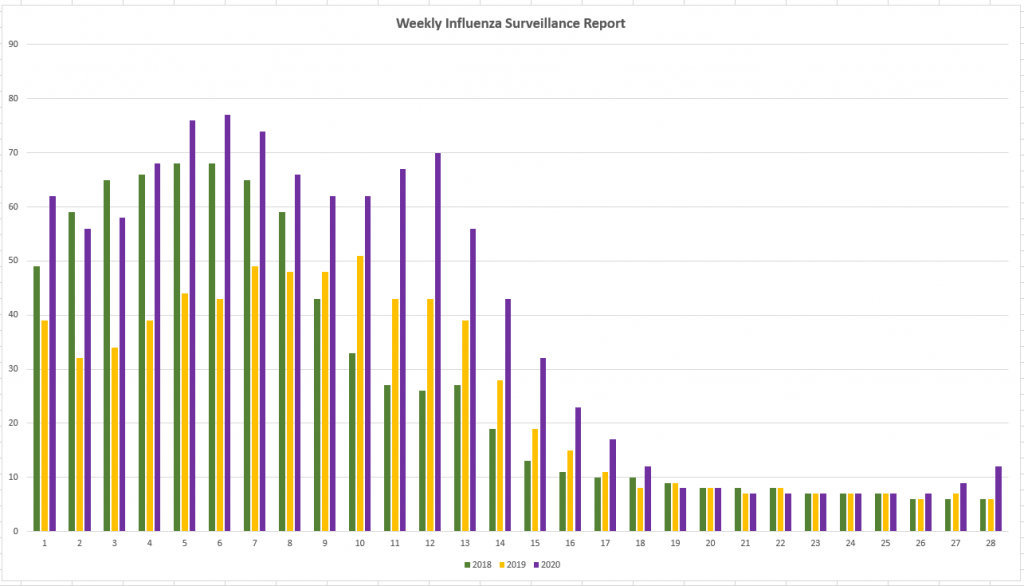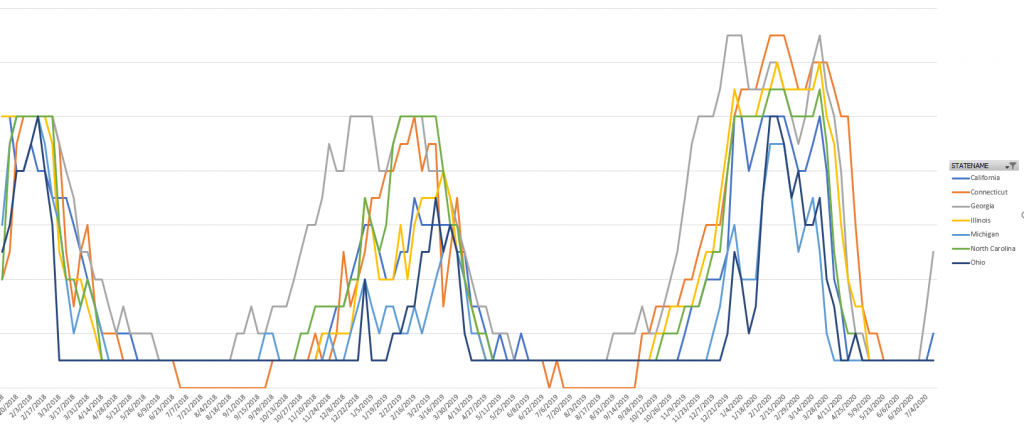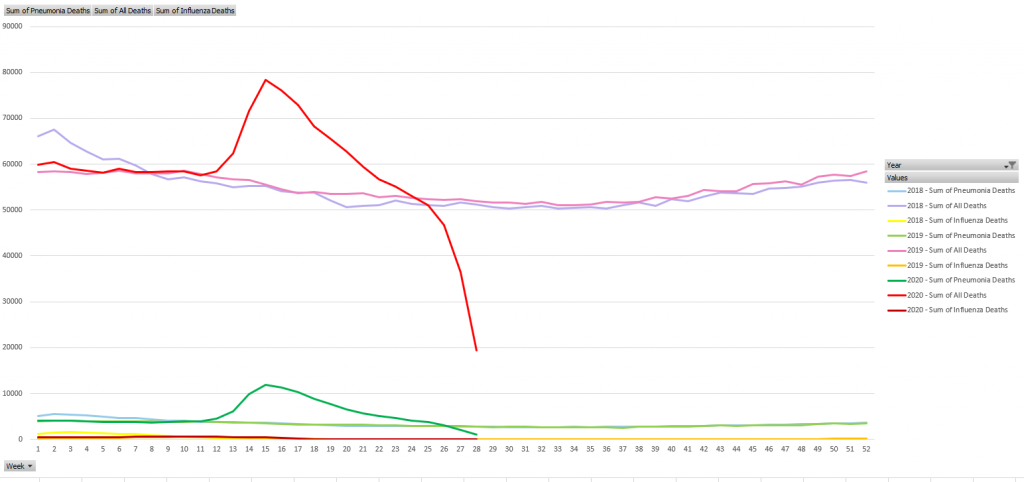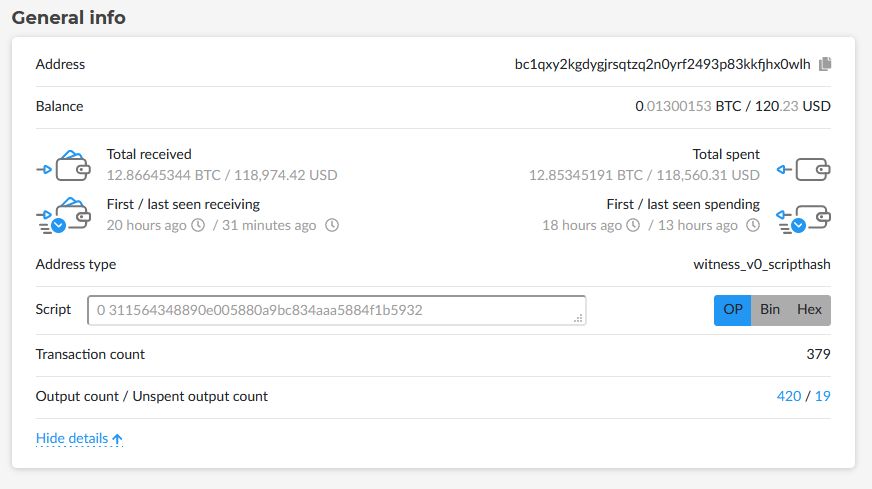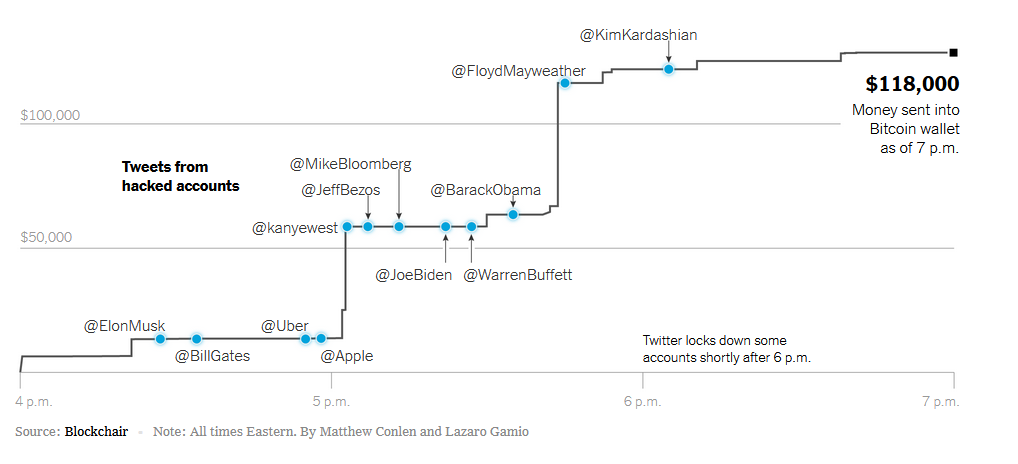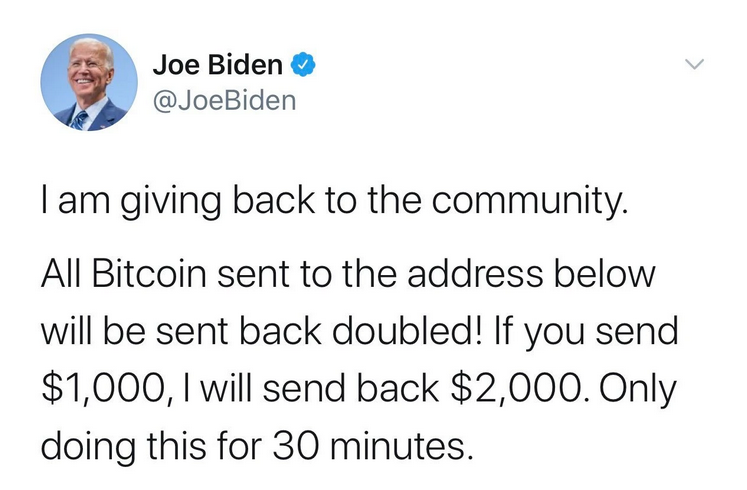Texas is going to start sending the least likely to survive home to free up healthcare resources. A few months back, Italy had been floating some metrics for determining who got sent home and who rcv’d treatment. Had a few friends freaked out over the inhumanity of it, but … there’s a limited resource exceeded by need (and a metric may make it easier for healthcare workers charged with delivering awful news to families). To act like the choice is between this awful scenario and something awesome — like we could have this most-apt-to-survive-gets-treatment rule or everyone would immediately be treated (successfully, of course) for whatever ailment — is living in a fantasy world.
Those aren’t the choices available. What we’ve got without “least likely to survive get no treatment” seems to be either first-come-first-serve or highest-bidder. Neither of those are great algorithms for determining who is saved. A “death panel” sounds inhumane (and it’s obviously branding from an opposition group), but some outcome prediction to determine who gets treated … well, I guess it sucks for those with unlimited cash to ensure they’re always going to be the high bidder because they’ve now in the same boat as everyone else. But it’s about as close to an equitable solution as you can get in an awful situation.
One of my biggest problems with politics is the short-attention-span theatrics of it all. Both death panels and now — yeah, someone can come up with a terrifying phrase to make a solution sound unthinkable. But talk about the options and the rational for the approach for an hour and it’s a different picture.
I wish progressives would get better at branding and marketing — yeah, we’ve got death panels. But you’ve got the medical treatment auctioneer. This vial of insulin goes to the highest bidder — and Anne Rice wins this round. Sorry, all you penniless rubes. If you’re not in a coma in two hours, we’ll have another auction.
Hopefully people will be a little more understanding of treatment allocation based on predicted outcomes next time we talk about universal healthcare.
